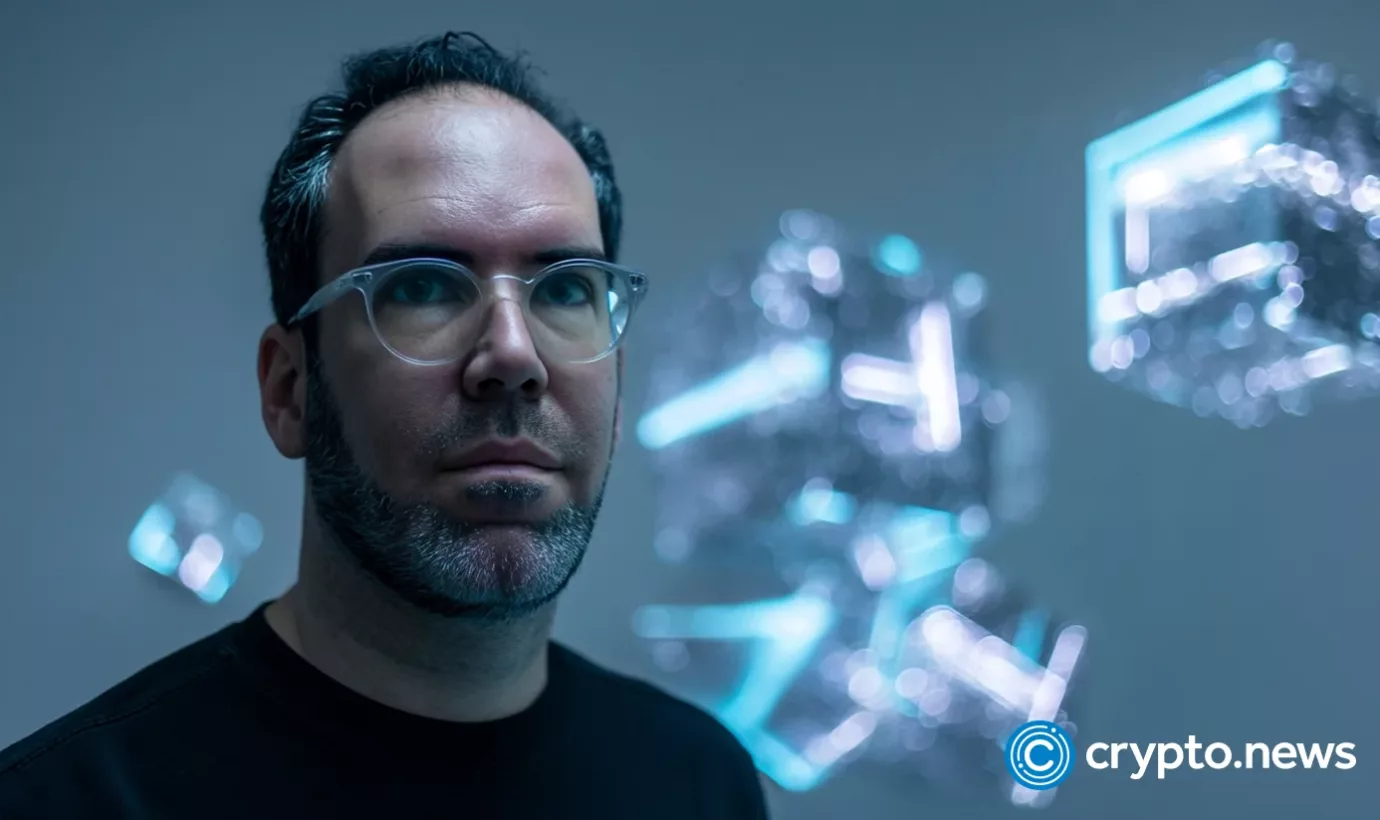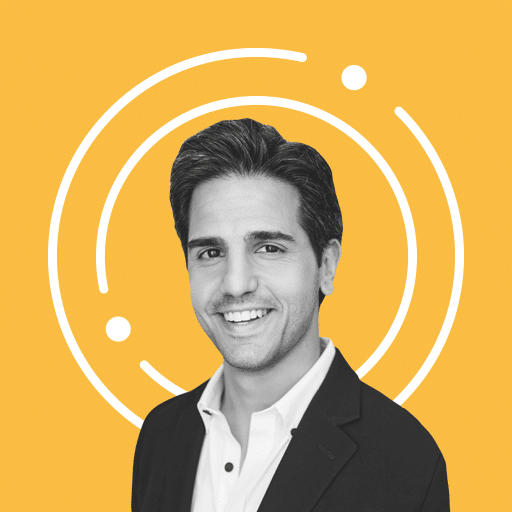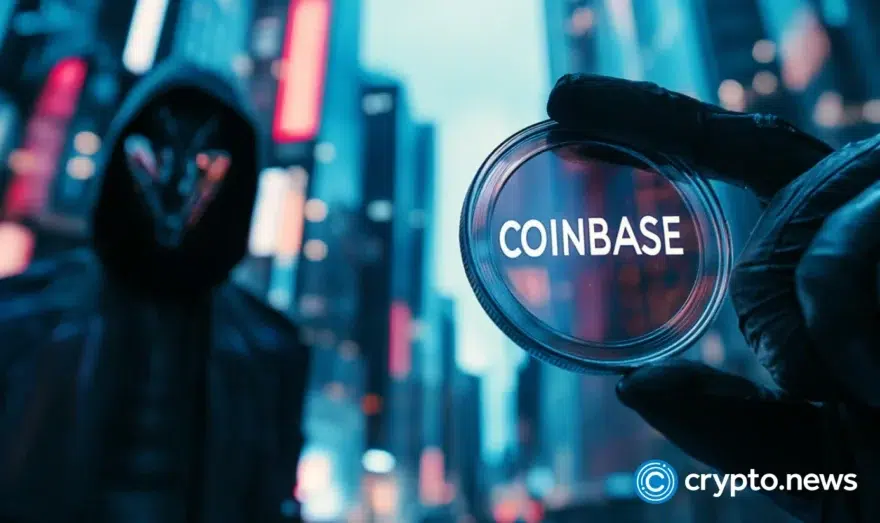Interview | Crypto exchanges must evolve beyond trading: Bitget CMO

Crypto isn’t just complicated—it’s a communication challenge. With wallets, DeFi, tokenized assets, and endless trading options, users can easily get lost in the noise. Enter Aguirre Franco, Bitget’s new Chief Marketing Officer.
- Selling crypto is challenging due to its complexity
- Marketers need to focus on user experience, pain points, and expectations
- The future is in universal exchanges, spanning both crypto and traditional finance
Franco is tackling the problem head-on. In this Q&A, Franco breaks down how exchanges can speak to real users, the rise of “universal” platforms bridging crypto and traditional finance, and why AI-driven tools like Bitget’s GetAgent are redefining what it means to trade—and learn—crypto today.
Crypto.news: Now that you’ve had some time to assess Bitget, how does the exchange approach marketing to potential users, especially those new to crypto?
Aguirre Franco: If you look back two years, there was this sharp divide between centralized and decentralized exchanges. They were like two completely separate camps, with almost no interaction. But that’s changing.
Today, we’re moving toward what we call the universal exchange model. Instead of treating centralized and decentralized systems as competitors, we’re treating them as complementary. Each one offers something valuable.
That’s what attracted me to Bitget. I’ve always appreciated the openness and transparency of DeFi—permissionless access, peer-to-peer trading, etc.—but there are real challenges, too. UX is often poor. Liquidity can be fragmented. And there’s a security layer that centralized systems can offer, which many users still want.
So when we talk about Bitget evolving into a universal exchange, we’re not just throwing around a buzzword. It’s about building a gateway—a single access point—for financial tools that people around the world can actually use.
CN: How do you approach different users, especially those in emerging markets?
Franco: I was born in Mexico City, and I’ve lived in both emerging and developed markets. The contrast is stark. In Europe, you have first-class access to banking and financial products. In many emerging markets, that’s not the case. For a lot of people in Latin America, Southeast Asia, and elsewhere, their first debit card won’t come from a bank—it’ll come from a crypto exchange. Why? Because it’s more accessible.
What Bitget is building is a hybrid platform that lets you access everything: crypto, tokenized stocks, payment rails, DeFi liquidity pools, and even TradFi instruments. One product, multiple layers of financial access.
You get the security and compliance of a centralized platform, combined with the flexibility and variety of assets of decentralized systems. On top of that, we’ve developed something we’re proud of—our AI engine, GetAgent.
CN: What does this AI assistant do?
Franco: GetAgent is an AI assistant built into the platform. But this isn’t Siri. It’s data-driven, trading-focused, and designed to help users—from first-timers to pros—understand the market better.
For someone new to crypto, GetAgent is a game-changer. You can ask it things like, “Is this a good time to buy Bitcoin?” and it won’t just give you a vague answer—it’ll provide technical indicators, market trends, RSI, recent price movements, and sentiment. And if you’re ready, you can say, “Buy $50 of Bitcoin,” and it will guide you through it, all in one flow.
And of course, there are confirmations—you’re always in control. But it goes beyond basic transactions. You can ask things like, “How balanced is my portfolio?” or “What optimizations can I make?” It’s there to help users learn, not just trade.
And it works on both ends of the spectrum. If you’re brand new, it’s educational. If you’re a pro trader, it’s a tool for validation. You can say, “I’m planning this trade—what do the metrics say?” and it’ll surface relevant data in real time.
CN: Crypto exchanges have become a somewhat crowded space. How do you communicate in a way that you stand out from the rest?
Franco: The key is recognizing that exchanges can’t just be trading venues anymore. That era’s done. We’re not here just to list coins and offer trading pairs—we’re building a platform for the broader digital economy.
So yes, we have GetAgent, and we support on-chain access with over two million tokens. We’ve also introduced perpetual contracts for stocks—allowing users to trade tokenized stocks 24/5 using USDT or other stablecoins. It’s fast, efficient, and accessible. That’s a huge differentiator.
But it’s more than features. We’re trying to build a safe, intuitive, and all-in-one financial experience. For example, we have 1.8x proof of reserves and an $800 million protection fund. We’ve also got a 70-person compliance team working closely with regulators to build scalable, future-proof frameworks.
That blend, compliance, innovation, and accessibility is what we believe sets us apart.
CN: You’ve worked across multiple industries—tech, entertainment, hardware. What’s uniquely challenging about marketing in crypto?
Franco: Crypto is complex, and complexity makes storytelling harder. If you’re selling consumer goods, the value is clear. In crypto, you’re often dealing with abstract products—blockchains, tokens, wallets, protocols—and trying to make that relatable to people who may not even be financially literate, let alone tech-savvy.
That’s where my background helps. I’ve sold hard drives and Hollywood movies, and the biggest lesson I’ve learned is: you always need a human connection.
Take Steve Jobs, one of my heroes. He didn’t sell specs, he sold “1,000 songs in your pocket.” That’s what crypto marketing needs: clarity and emotional relevance. Telling someone they can “access permissionless liquidity” isn’t enough. You have to show how that changes their daily life.
So for Bitget, it’s not about listing all the product features. It’s about saying: you can manage your money better, with less friction, from anywhere. That’s what makes people care.
CN: So how do you speak to new users—people who might be skeptical about crypto but have a real use case, like remittances or savings?
Franco: You start with the problem, not the tech. For example, I have two kids. I work long hours and travel a lot. I don’t have time to check price charts every hour. And honestly, I don’t want to.
That’s why features like copy trading matter. You can follow a professional trader and automatically mirror their moves. Or set up trading bots to automate strategies—like, “If this token hits this price, sell X amount.” That way, I don’t miss out, and I don’t sacrifice time with my family.
You don’t market features. You market outcomes. No one cares about what the platform can technically do. They care that they don’t have to stress, they don’t have to learn everything immediately, and they can still participate in opportunities.
We’re building Bitget to reflect that reality—less friction, more intelligence, and tools that adapt to real life.
CN: You mentioned bringing TradFi products into what started as a crypto platform. But now we’re also seeing fintech and TradFi firms moving into crypto. How do you view that competition?
Franco: It’s inevitable. Fintechs and banks are coming into the space, but they’re building on legacy infrastructure. They’re trying to adapt. We were born in crypto—we’re native—and that gives us an advantage.
We’re not trying to retrofit blockchain into old systems. We’re building for what’s next. For example, we offer US stock perpetuals using USDT. That’s faster and cheaper than traditional rails. It’s built for efficiency.
Legacy firms have brand recognition and trust, but that comes with institutional inertia. We have speed, flexibility, and focus. And we’re not just adding crypto—we’re integrating it with tokenized assets, DeFi access, AI tools, and a full financial stack. That’s the edge.
Competition’s always going to be there. What matters is how you differentiate—and in our case, it’s innovation, compliance, and liquidity. That’s the triangle. Liquidity gives you efficiency. Compliance gives you longevity. And innovation is what keeps you relevant. But innovation can’t exist alone—it needs the other two to be sustainable.
CN: Anything else you think gets overlooked in the media?
Franco: Maybe just that this space still needs to stay human. There’s AI, there’s tokenization, there’s tech flying everywhere—but if you forget who you’re building for, it doesn’t matter.
At the end of the day, marketing crypto is about trust, access, and relevance. We’re not just trying to be another exchange—we’re building something people can rely on, whether they’re in Berlin, Bogotá, or Bangkok.

















